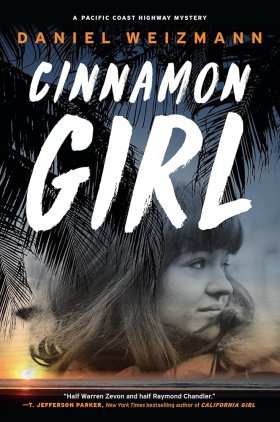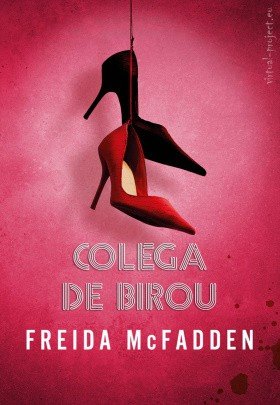Next day I headed back to the Shalom, praying for the bad news to go down easy, but I found Charles Elkaim in faded light blue pajamas sitting on the edge of his bed, looking eager for good news. I took the one seat in the room and, in the gentlest possible words, I told him about my night.
He shook his head in confused disbelief. “But—you found him like this and—”
“And I called the ambulance,” I said. “But it was too late.”
For a moment, Elkaim looked like his circuits might overload, and I wondered if maybe I should have kept it from him—then his expression hardened, fight or flight.
“Do the police suspect someone?”
“They wouldn’t say, not yet. But…there’s something else.”
“Tell me. You must tell me everything. We agreed there would be no secrets.”
“Devon Hawley did know Emil,” I said. “Without a doubt. In fact, they were in a band together—and Reynaldo Durazo was in the band too.”
“How do you know this?”
“I found a record they made, a test pressing. I spoke with their producer. They called themselves The Daily Telegraph. It seems like they were just getting started but…without Reynaldo and Emil, the record never came out.”
Elkaim raised his bony hand to his trembling mouth. “I swear on my life I didn’t know about any musical group. That Emil played the guitar, I knew. With friends, as a…a hobby, for fun.”
“So the guitar wasn’t a secret.”
“No, no—I bought him the guitar, in that big noisy place on Sunset Boulevard. He was in heaven—‘Thank you, Aba, thank you.’ And at home he had the…the box, the—”
“The amplifier?”
“Yes, the amplifier. Three times a day I asked him to turn it down. Where he got it, I didn’t ask.”
“But nothing about a band?”
“To us?” Elkaim shrugged his frail, bony, pajama-covered shoulders. “He said nothing.”
“Anyway,” I said, “I’m sorry to bring this awful news about Hawley. I know how much you wanted to hear what he had to say. I did too.”
“And I am sorry,” he mumbled, looking grave. “Sorry you had to witness such a thing.”
But there was something absent in his dark eyes; he was still plugged into the past. “How off I was, in my own little world, crunching the numbers. I felt we were close. Our Sabbaths, our camping. I…” He looked up at me. “But maybe I knew.”
“Knew what?”
“That my son kept his life in the shadows. I knew, of course I knew. A parent always knows. And refuses to know.”
“But why would he be so secretive about a thing like that? I mean—not telling your parents that you have a…fun little band that’s gonna maybe put out a little record? For a teenager, that’s kind of a big deal.”
Elkaim shook his head; self-admonition was seizing him up. “It’s because of us, his mother and I—how we were.”
“How were you?”
“Prrrimativi.” His r sound rolled like a rattler.
“Primitive?”
“No, like, on television—Beverly Hillbillies.”
“You mean, like, country bumpkins?”
“Yes, yes, bumpkins.”
“But I didn’t see you that way at all. I thought—”
“But he did. Most certainly he did. He knew his father was from the mellah, the ghetto for Jews in Casablanca. His mother, may God bless her soul, her father was a fisherman—” Elkaim scoffed with compassion. “He smelled of sardines from head to toe.”
“Yeah but here you were—”
“We were, like you say, bumpkins. And Emil with the music and the skateboards and the car without a roof, he knew he understood this place better than we did. He was hungry for it.”
“Like, he wanted to be more American?”
“That’s right, a real American.”
We shared a moment of silent wonder at the futility of it. Nurse Rosa came in, rolling Elkaim’s lunch under shrink-wrap—chicken, gravy, cooked carrots, compote. When she was out of earshot, I said, “Ya know, whoever Devon Hawley was, isn’t it good to know that someone out there thought Emil was innocent?”
Elkaim looked at me, affronted, his eyes hard with anger. Then he tore off the plastic and said, “Emil was innocent.”
“I believe that, too, Mr. Elkaim, it’s just—”
“It’s not a matter of belief. It’s a fact.”

























